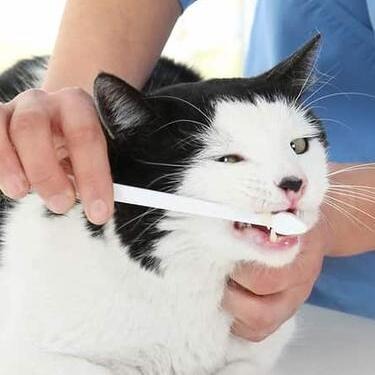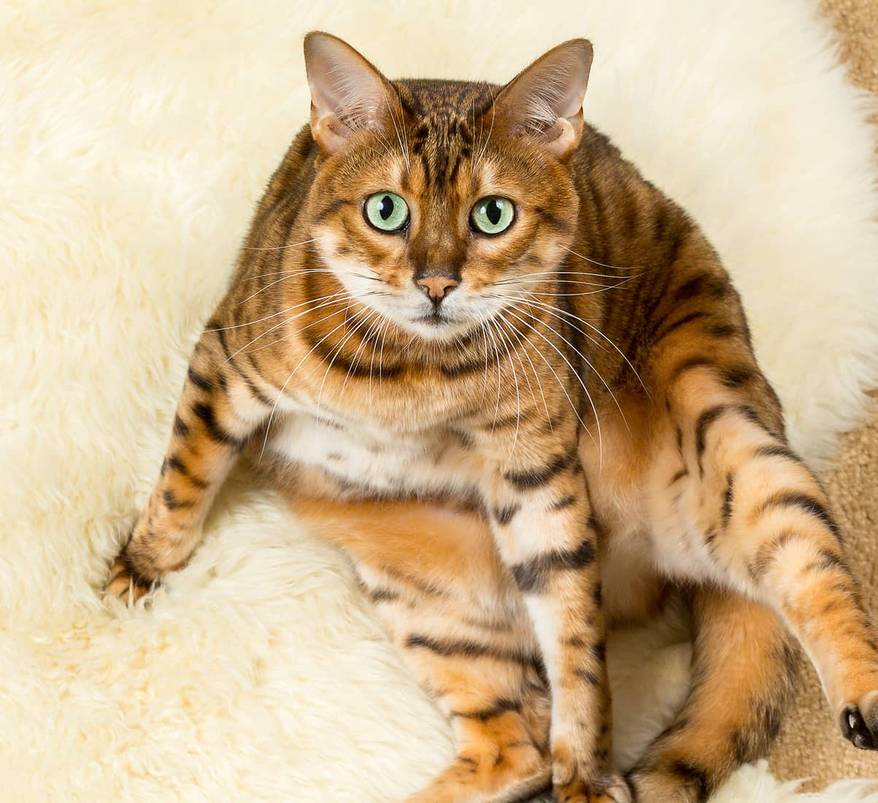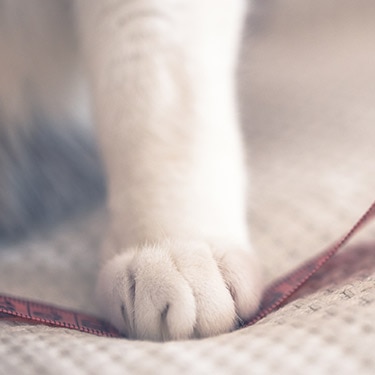
-
Find the right food for your petTake this quiz to see which food may be the best for your furry friend.Find the right food for your petTake this quiz to see which food may be the best for your furry friend.Featured products
 Puppy Lamb Meal & Brown Rice Recipe
Puppy Lamb Meal & Brown Rice RecipeVital nutrients to support 5 essential building blocks for lifelong health
Shop Now Adult Small & Mini Lamb Meal & Brown Rice Recipe Dog Food
Adult Small & Mini Lamb Meal & Brown Rice Recipe Dog FoodFor the faster metabolism of Small & Mini dogs
Shop Now Adult Chicken & Barley Recipe Dog Food
Adult Chicken & Barley Recipe Dog FoodSupports lean muscle and beautiful coat for adult dogs
Shop NowFeatured products Adult Chicken & Barley Recipe Dog Food
Adult Chicken & Barley Recipe Dog FoodSupports lean muscle and beautiful coat for adult dogs
Shop Now Hill's Science Diet Adult Sensitive Stomach & Skin Chicken Recipe Dog Food
Hill's Science Diet Adult Sensitive Stomach & Skin Chicken Recipe Dog FoodHighly digestible recipe, gentle on stomachs. Nourishes skin & promotes a lustrous coat
Shop Now Adult Indoor Chicken Recipe Cat Food
Adult Indoor Chicken Recipe Cat FoodSupports energy level and beautiful fur in indoor cats
Shop Now -
Dog
- Dog Tips & Articles
-
Health Category
- Weight
- Food & Environmental Sensitivities
- Urinary
- Digestive
- Joint
- Kidney
-
Life Stage
- Puppy Nutrition
- Adult Nutrition
- Senior Nutrition
Cat- Cat Tips & Articles
-
Health Category
- Weight
- Skin & Food Sensitivities
- Urinary
- Digestive
- Kidney
-
Life Stage
- Kitten Nutrition
- Adult Nutrition
Featured articles Virtual Vet Visits: What You Need to Know
Virtual Vet Visits: What You Need to KnowLearn the ins and outs of a televet appointment before you talk to a vet online.
Read More My Pet Ate a Lizard — What Should I Do?
My Pet Ate a Lizard — What Should I Do?Learn what to do if your pet eats a lizard, including whether they can be toxic and symptoms to keep an eye on when they've swallowed one.
Read More Pet Dental Health: What Happens During a Deep Teeth Cleaning?
Pet Dental Health: What Happens During a Deep Teeth Cleaning?Learn about veterinary dental care for your pet, including deep teeth cleaning procedures, which can help your dog or cat maintain proper dental health.
Read More -


If you see your cat scooting on carpet and rough surfaces or frequently licking her bottom, she may have inflamed anal glands, a condition that's as uncomfortable as it sounds.
Cats are known to mark their territory in a few unpleasant ways, but dragging their behinds across the floor is not common and may indicate a larger issue. If not treated right away, inflamed anal glands may lead to larger medical issues. Read on to learn how to catch the condition early and avoid further discomfort for your cat.
Function
A cat's anal sacs are "the organs found under the skin at the 5 and 7 o'clock positions around an animal's rectum," Pet Health Network describes. The anal glands are the teeny tiny glands within these sacs that secrete a pungent solution. Cats, being the territorial animals they are, use their anal glands to scent mark, a behavior that also includes spraying and rubbing to ward off predators and to let other animals know who the local boss is. Luckily, most indoor cats don't have much need to leave their scent behind with their behinds, choosing instead to rub their head on their favorite objects (the couch, the bed, you). You may see brief scent marking behavior with the introduction of a new pet or family member.
The other job of the anal sacs is to keep your cat's bowel movements on track by secreting fluid as she passes her stool. This secretion in turn empties out the anal sacs and lubricates the feces. When your kitty's poop isn't firm enough to express to squeeze and empty the anal sacs, this secretion builds up in the sac, causing the glands to become inflamed or impacted (plugged up).



Tasty Tips
Identification
Anal sac problems occur less frequently in cats than in dogs. (Small dog breeds can have numerous problems, explains the Massachusetts Society for the Prevention of Cruelty to Animals, because of their "narrow gland outflow.") Though it happens infrequently, a cat's anal glands can become clogged, leading to inflammation. At the inflammation stage is when you may see your cat scooting on carpet to relieve the itch. Petful notes that other indicators include:
- Excessively licking the affected area
- Vocalizing while using the litter box
- A strong or unpleasant odor
- A red or swollen anal area
- Bloody discharge
If your cat exhibits signs of anal gland problems, contact your veterinarian right away for guidance on treatment approaches. Leaving the problem untreated may result in an abscess or rupture and may potentially introduce bacteria into the body.
Treatment
Having swollen anal glands is very uncomfortable for your kitty, so speaking with your vet should be your first priority. "Mildly impacted sacs may simply be treated by expressing them, [or] emptying them of their fluid," says Critical Care DVM. If your kitty's sacs are severely inflamed and painful, she might need mild sedation to have them treated. Your vet may also prescribe a round of antibiotics or pain relievers to help her recover. In cases of extreme infection, the vet may have to surgically remove the anal sacs.
The internet is full of instructions for expressing anal glands at home, but you should really leave the task to your vet and vet techs. They know how to express cat anal glands in a way that's safe, gentle and effective, including how to safely and firmly hold your kitty so she can't bolt during the procedure and how to direct any smelly liquid that comes shooting out. Your cat will also waddle away from the situation resenting your vet for poking and prodding her, not you.
When your cat's experiencing anal sac inflammation, she'll need lots of love and patience. A cat scooting across carpet is not what pet parents want to see, but remember that she's only trying to relieve some of the discomfort. Make sure to never discipline her for this behavior, as it is a medical issue, and doing so could only exacerbate the issue more. Keeping an eye out for anal gland symptoms will help keep her comfortable and your carpet scoot-free.


Christine O'Brien is a writer, mom, and long-time cat parent whose two Russian Blues rule the house. Her work also appears in Care.com, What to Expect, and Fit Pregnancy, where she writes about pets, pregnancy, and family life. Find and follow her on Instagram and Twitter @brovelliobrien.
Related products

Vital nutrients to support 5 essential building blocks for lifelong health

Supports lean muscle and beautiful coat for adult dogs

Supports energy level and beautiful fur in indoor cats

Highly digestible recipe, gentle on stomachs. Nourishes skin & promotes a lustrous coat
Related articles

Discover how to identify cat sensitive skin and what you can do to help your cat thrive from head to paw.

What is the best food for an overweight cat? Learn all about weight control food for cats, including what's in it and how it works.

How do you get a cat to lose weight? Learn all about cat foods for weight loss, including how to choose weight control cat food and exercise tips.

What is the best food for an overweight cat? Learn all about weight control food for cats, including what's in it and how it works.

Put your cat on a diet without them knowing
Our low calorie formula helps you control your cat's weight. It's packed with high-quality protein for building lean muscles, and made with purposeful ingredients for a flavorful, nutritious meal. Clinically proven antioxidants, Vitamin C+E, help promote a healthy immune system.
Put your cat on a diet without them knowing
Our low calorie formula helps you control your cat's weight. It's packed with high-quality protein for building lean muscles, and made with purposeful ingredients for a flavorful, nutritious meal. Clinically proven antioxidants, Vitamin C+E, help promote a healthy immune system.

